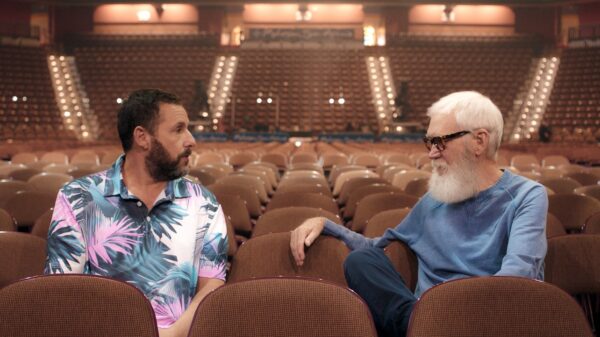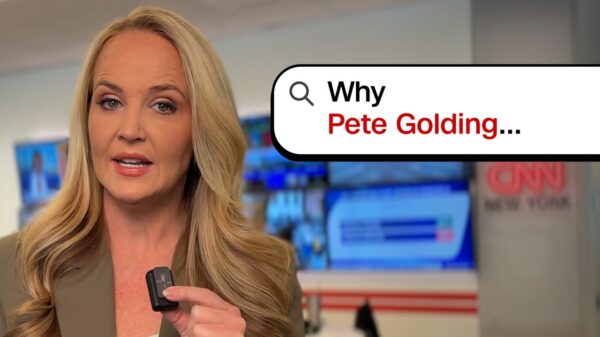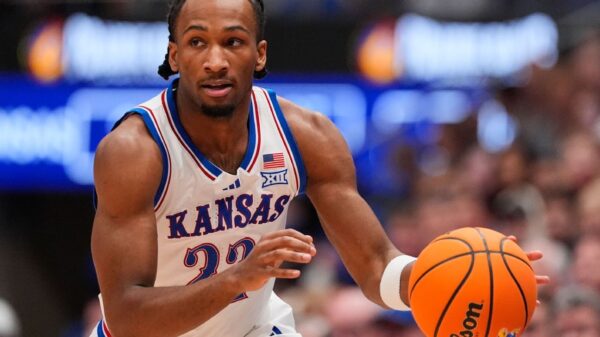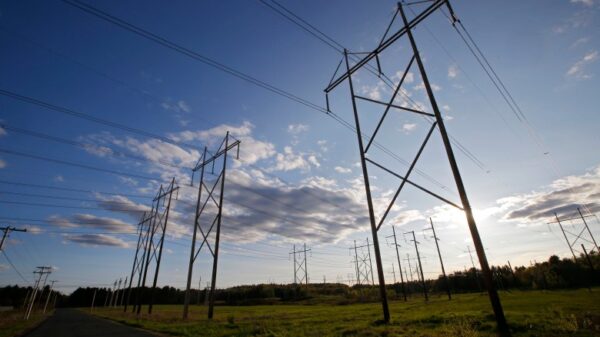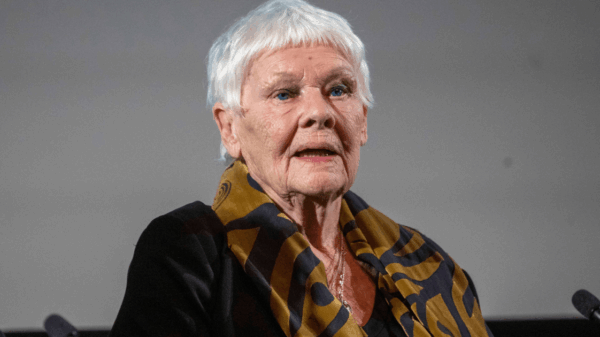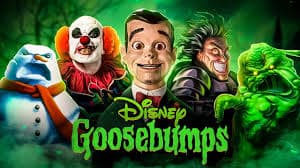The representation of LGBT characters on television and streaming platforms is projected to decline sharply, with a decrease of approximately 41 percent anticipated for the upcoming season. This shift follows years of criticism directed at Hollywood for promoting what some have labeled “woke” messaging and “gender ideology” within its programming. According to the annual Where We Are On TV report published by the LGBT advocacy organization GLAAD, there were 489 LGBT characters across scripted primetime, broadcast, cable, and streaming programs during the 2024-2025 season, reflecting a 4 percent increase from the previous year. Nevertheless, this figure remains significantly below the record high of the 2021-2022 season.
GLAAD has indicated that the upcoming year will likely see a further reduction in LGBT representation due to the cancellation of several shows. The report highlights that many characters will not return, either due to show cancellations, character deaths, or narrative departures. Notably, only one in four transgender characters had their contracts renewed, raising concerns about the future of LGBT visibility in media.
In response to these alarming trends, Sarah Kate Ellis, president of GLAAD, voiced her commitment to advocating for better representation. She stated, “GLAAD is partnering with entertainment industry leaders to meet a clear call: Do not cave to pressure to reduce LGBTQ representation. Freedom of speech includes freedom of storytelling, and that includes stories of our community.” Ellis emphasized that audiences are more likely to engage with shows featuring at least one LGBT character, asserting that “LGBTQ-inclusive shows are good for business.”
The ongoing decline in LGBT representation comes amid increasing pressure from conservative groups who argue that Hollywood promotes “gender ideology” in its content. A high-profile example includes billionaire Elon Musk, who recently encouraged a boycott of Netflix following the cancellation of the animated series “Dead End: Paranormal Park”, which faced accusations of pushing transgender themes aimed at children. Similarly, Disney has also faced backlash, leading to the cancellation of multiple series featuring LGBT characters and storylines.
Recent Cancellations Highlight Industry Trends
In 2024, Disney+ cancelled a highly anticipated Star Wars prequel series, “The Acolyte,”, after just one season. The show was criticized for its so-called “woke” narratives, including what detractors referred to as a coven of “lesbian space witches.” Showrunner Leslye Headland, who identifies as openly gay, described “The Acolyte” as the “gayest Star Wars show.” In a notable remark, she even suggested that the character R2-D2 is a lesbian.
Disney also announced the cancellation of “Goosebumps,” a Disney+ adaptation characterized as “LGBTQ inclusive,” after just two seasons. The show garnered a strong following among gay viewers, largely due to elements that were perceived as “queer coded.” Notably, it featured Miles McKenna, a trans actor and activist, in its cast.
The trend of pulling back from LGBT-inclusive content is not limited to traditional media. Animation studio Pixar recently made significant changes to its upcoming film “Elio,”, which tells the story of an 11-year-old boy who becomes an ambassador for Earth after being beamed into space. Originally intended to include elements that hinted at the character’s sexuality, such as scenes involving a male crush, these moments were ultimately removed prior to the film’s release in June 2025. The film faced challenges at the box office, earning only $20.8 million in its opening.
Broader Cultural Conversations Emerge
The backlash against LGBT representation in media is not confined to conservative voices. In a recent podcast appearance, rapper Snoop Dogg expressed his discomfort with the increasing presence of LGBT themes in children’s films. He recounted a moment when his grandson questioned how a female character in Pixar’s “Lightyear” could have a child with another woman. “I didn’t come in for this s—. I just came to watch the … movie,” Snoop Dogg remarked, adding that he feels anxious about taking his grandchildren to see films that prompt complex questions for which he feels unprepared.
As the industry grapples with these dynamics, the future of LGBT representation in television and film remains uncertain. With significant cancellations and a cultural shift in response to perceived “woke” content, advocates for inclusion face challenges in maintaining visibility for the community in mainstream media.

